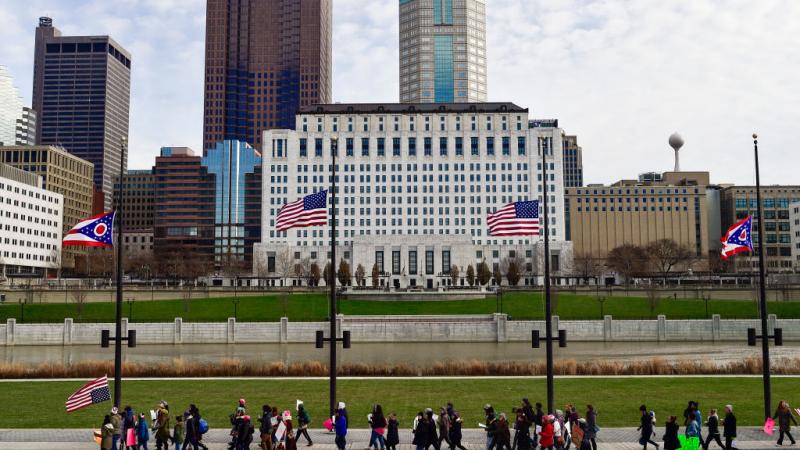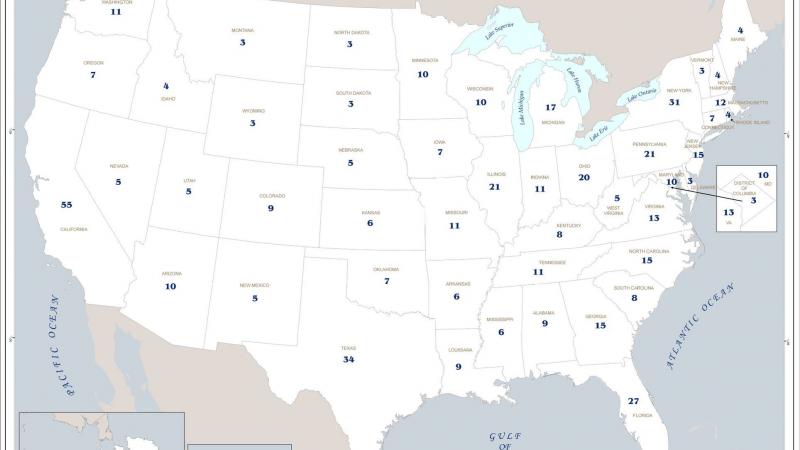With $25 million, California launches first state-funded guaranteed income program
Pilot at seven sites including Los Angeles, San Francisco and Ventura County was approved by the Legislature last July.
(The Center Square) -
California is launching its first state-funded guaranteed income pilot programs, the California Department of Social Services announced Monday. The $25-million effort will send $600-$1200 checks to 1,975 Californians starting as soon as next summer.
The pilot program at seven sites including Los Angeles, San Francisco and Ventura County was approved by a unanimous legislature last July. The money distributed over 12-18 months targets expectant mothers and those aging out of foster care programs.
“I am proud to see my home state of California ushering in the promise of a guaranteed income to build financial resilience among our residents,” said the governor’s Special Advisor for Economic Mobility and Opportunity and Mayors for a Guaranteed Income Founder Michael Tubbs. “Just as we saw with the pilot I led as mayor of Stockton, I'm confident these funds will provide crucial support for families and strengthen our communities."
Recipients of the grants have six months to plan their programs and begin doing outreach and accepting applications.
The state’s move is a tentative first step that is still smaller than what some localities have done. Los Angeles has a guaranteed income program that gives $1,000 a month to 3,200 needy individuals.
Other localities have launched programs, too. This month San Francisco announced a program targeting the trans community with $1200 checks for 55 people. There are also similar local programs in Oakland and Marin and Santa Clara counties.
Support for what is sometimes called “Universal Basic Income” is not universal. Assemblyman Vince Fong, R-Bakersfield, who abstained from voting on the program, told the Associated Press that guaranteed income programs “undermine incentives to work and increase dependence on government.”
“Guaranteed income doesn’t provide the job training and skills needed for upward mobility,” he told the paper.
Angela Rachidi, a scholar in poverty studies at the conservative American Enterprise Institute in Washington, D.C., agrees.
"It likely will substantially reduce or replace employment, although only being a temporary program might lessen any expected employment effects. Decreased employment results in negative long term outcomes, such as reduced upward mobility," she told The Center Square.
"Youth aging out of foster care should be helped into the labor market, not incentivized to stay out," she said.














